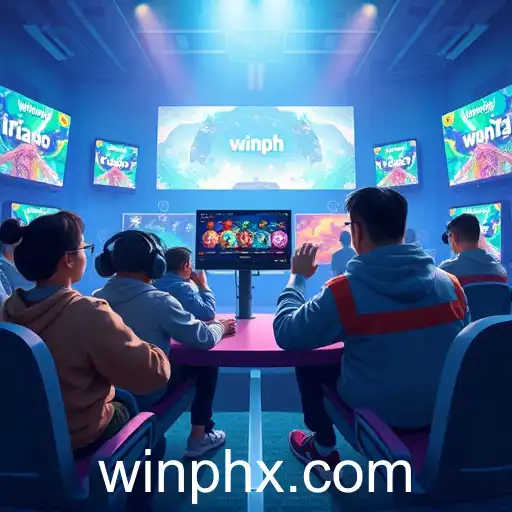
As we venture deeper into 2025, the gaming industry continues to witness transformative changes, driven largely by technological advancements and evolving player preferences. One noteworthy focal point is how platforms such as winph have become not just gaming venues but comprehensive communities where players interact, share experiences, and form connections that transcend geographical boundaries.
This year's major trend revolves around the seamless integration of artificial intelligence into gaming systems. AI is no longer just a tool for creating more lifelike NPCs but a key player in designing personalized gaming experiences. AI-driven algorithms now analyze a player's gaming style and adapt challenges accordingly, ensuring an engaging yet balanced gaming session.
The rise of esports has propelled gaming into the mainstream spotlight, bringing both challenges and opportunities. It's a growing market, but it demands ethical consideration around issues like fair play and player well-being. Organizations are now actively seeking to implement strategies that foster healthy competition, protect participants from online harassment, and cultivate supportive environments for professional gamers.
The community aspect of gaming has also flourished, largely thanks to social media and streaming platforms. These digital venues allow gamers to connect with audiences globally, share expertise, and even build careers. Platforms like winph have recognized this dynamic, offering features that link effortlessly with social media to enhance visibility and interactivity for aspiring gamers.
Innovation continues to be at the heart of gaming technology. Virtual reality (VR) and augmented reality (AR) systems are evolving, enriching the immersive experience. While initially considered niche, these technologies are quickly becoming more accessible, offering new ways for players to engage with their favorite universes. As developers push the boundaries, cross-reality gaming could very well define the next frontier.
In conclusion, as the gaming landscape becomes increasingly complex, players and developers alike must navigate the interplay of technology, community, and market demands. The tools and platforms available today hint at a vibrant future where gaming is not just entertainment but a vital component of global culture.


